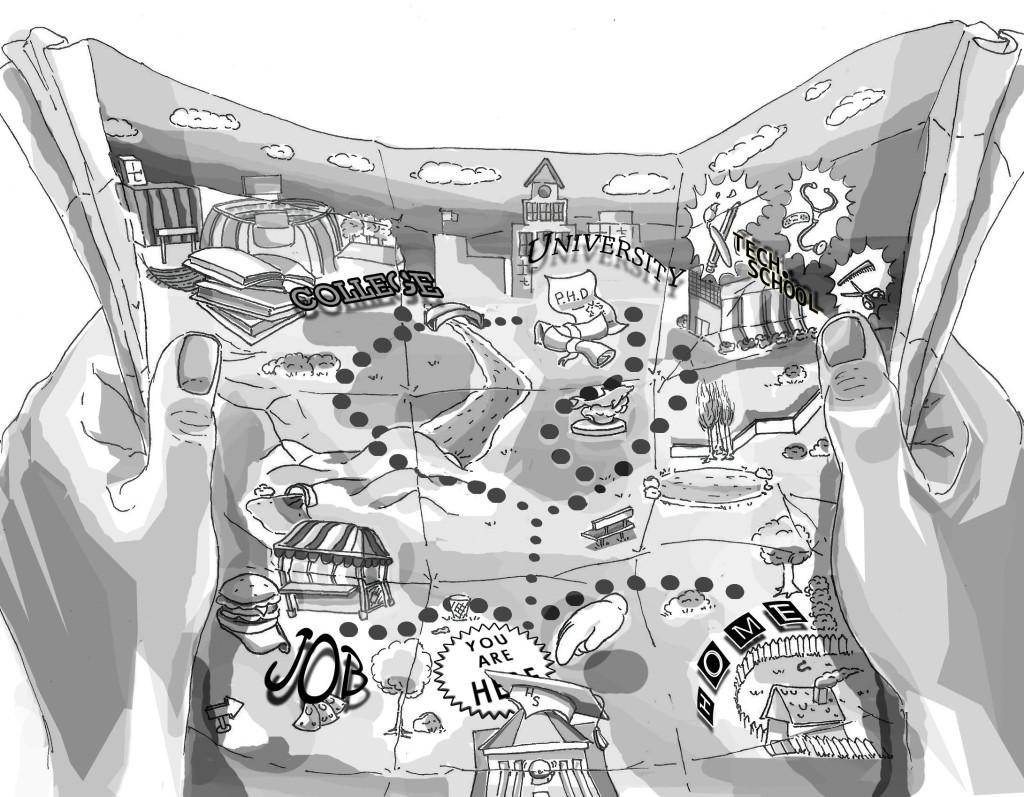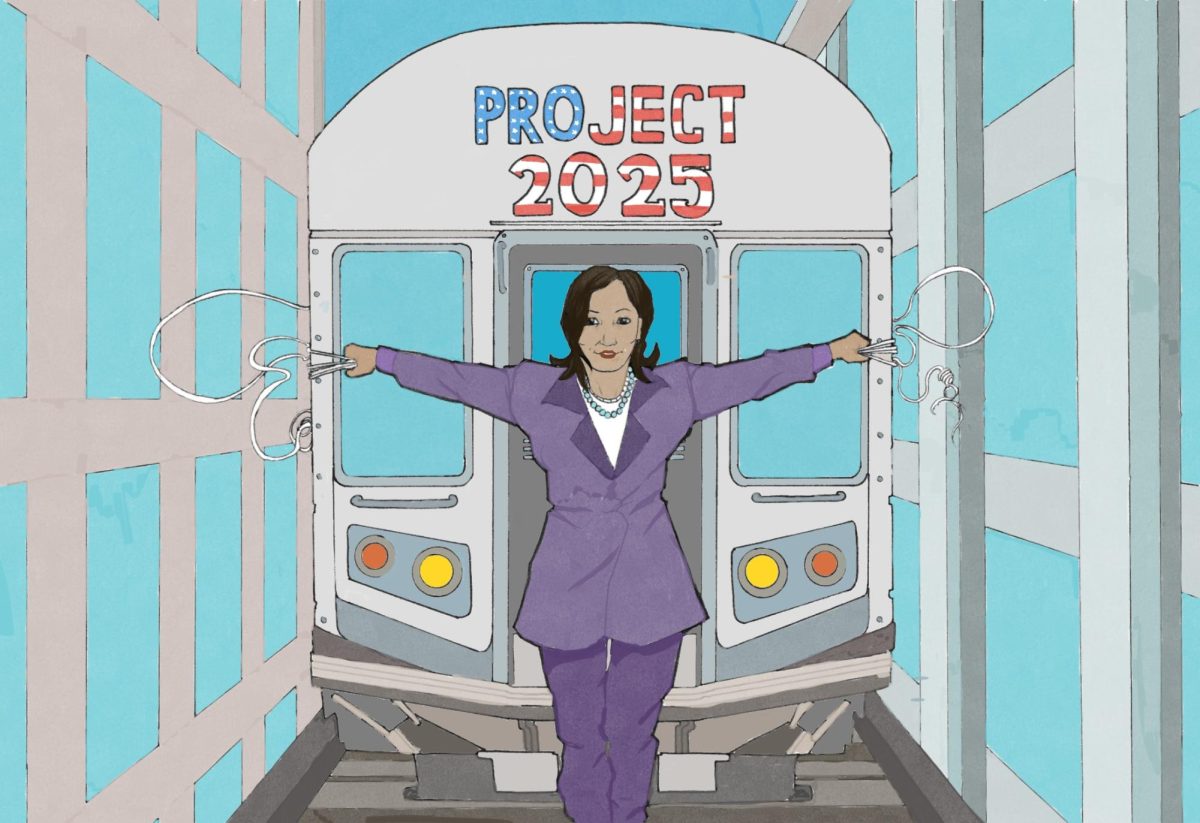We’ve always been indoctrinated with the idea that we need to go to college to prepare ourselves for the future, but what does “prepared” truly mean?
Let’s face it, all students have a different mentality when it comes to education; some want to earn a degree, some want to get work experience and others just go so they don’t have to be home and hear their parents complain about not having a job.
That being said, with all these different levels of educational priority, are there different levels of preparation, as well?
On Aug. 24, California Watch released a study that stated that high school graduates may not be as ready for college as they think, and more than likely, they fall into at least one of the aforementioned categories of educational motivation. What can be done for these students if they don’t even know what we want?
We cannot prepare students entering college if there is no set definition for what being prepared is supposed to be.
And if we cannot set a definition for being prepared, we also cannot expect students to know what they want to be prepared for.
One thing is certain, however. Students come to community college for one reason: to find themselves.
The message that the community college system has delivered is that of, “Even if you don’t know what you want to do, it’s OK! Try a few things out with us!”
So with that message in mind, we cannot expect students to come into our system already expecting what they want to do.
If we claim that these students are not prepared, there’s only one plausible solution to this problem: we help them get prepared.
Not to mention, not all high schools condition students the right way. Some high schools may tell their students that community college could serve as the proving ground they need to determine the rest of their lives, while other schools may deliver the message to students that if they have no choice but to go to a community college, then they might as well save themselves the two-plus years of trouble, pick up a spatula and start flipping those burgers because either way, that’s where they’re going to end up.
For that latter group of students, it is absolutely imperative that we, as a community college system, convince them that this is not the prison sentence their counselors made it out to be.
It is not enough to say that they are not ready for college and then sit idly by and expect our job to be done for us.
Specific curricula need to be put in place, all according to what the student wants to get out of his college experience.
The college experience for a student fresh out of high school can be compared to the analogy of being a little fish in a big pond. It needs to be our responsibility to teach them that the pond isn’t as deep as it looks.















